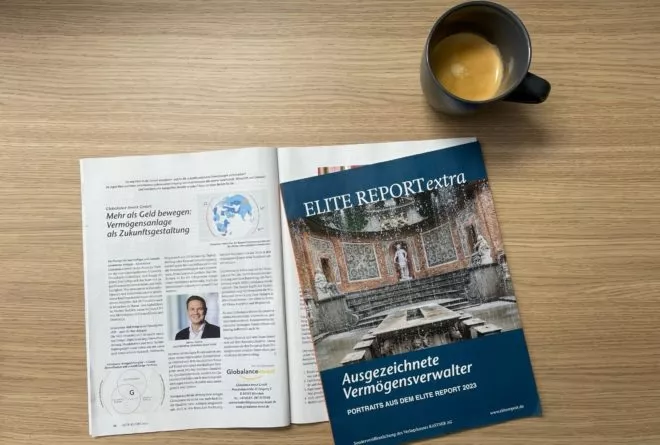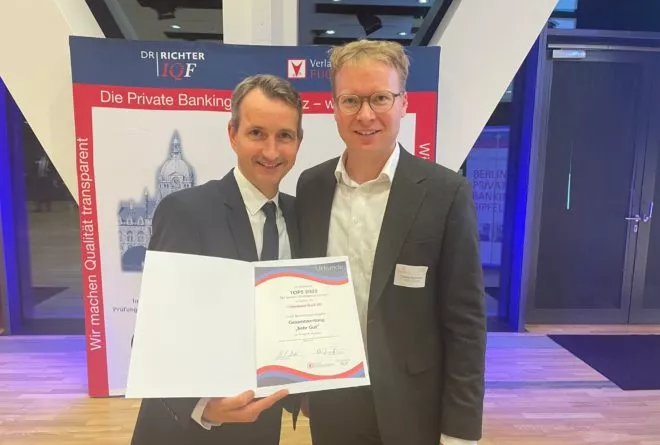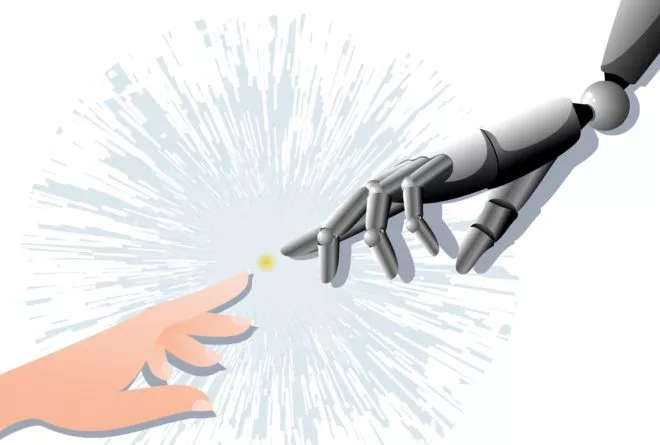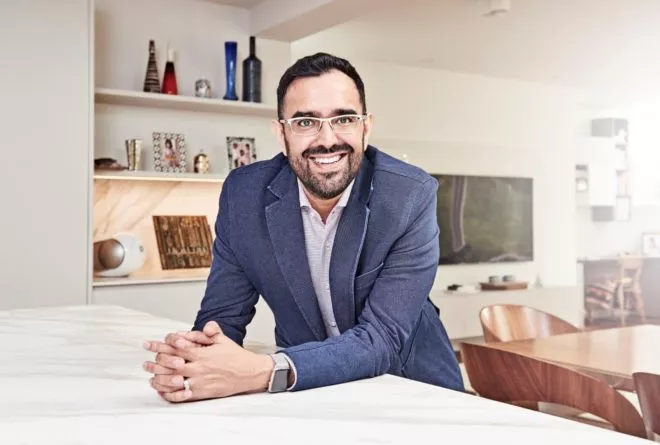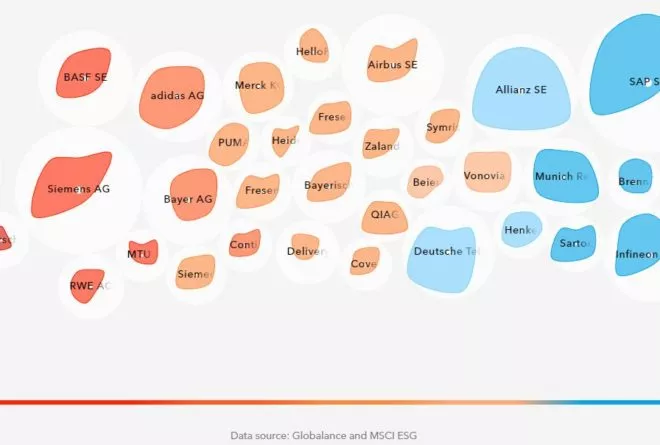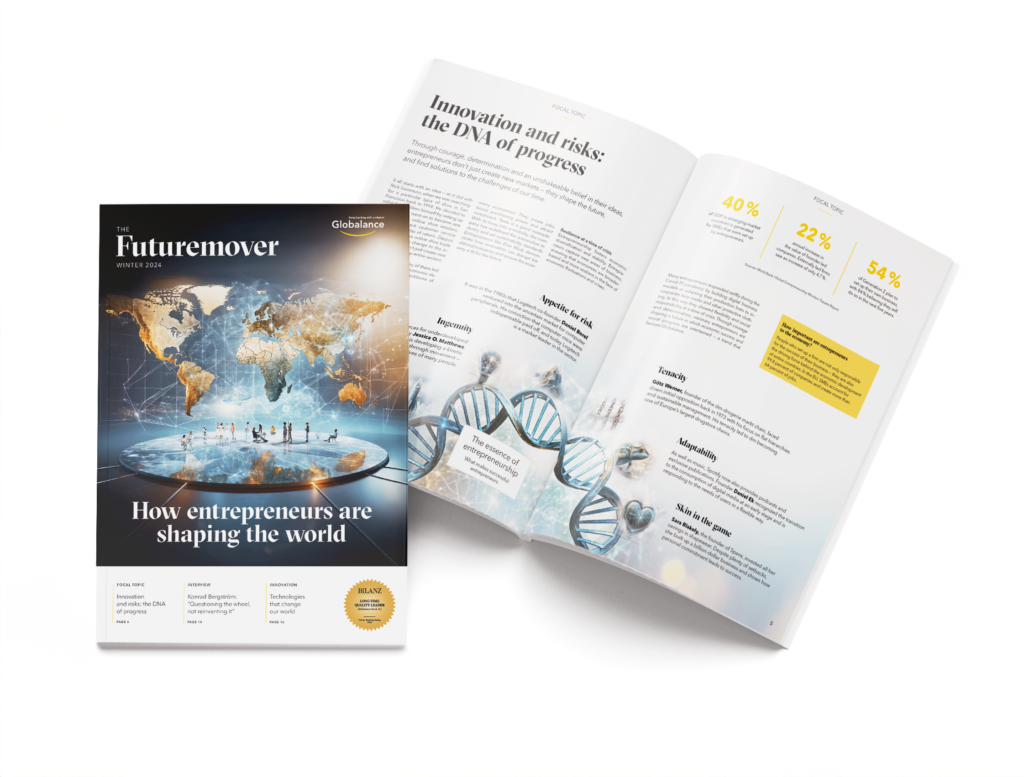News & Trends
Technology with a human touch

Christina Kehl, fintech entrepreneur and Managing Director of “Swiss Finance Startups”, on tomorrow‘s world of work.
The world is changing fast and in fundamental ways. What does this mean for the world of work?
The world of work is necessarily adapting to the needs of the economy. New job profiles, careers and entire sectors which can service customers’ technological and digital needs are being created at an astonishing pace. However, due to the pressure of global competition as well as cost pressures automation is increasingly coming to the fore in the world of work. Human work is being replaced by algorithms and robotisation in the drive towards efficiency and increased gains in economic value, which is making many employees worried about their future.
What can society do in order to alleviate these fears about the future and to facilitate the transition to a digital world?
Numerous studies show that technological change is fundamentally altering the world of work. However, this process is creating at least as many jobs in new, fields of work that are “fit for the future”. The big challenge now is how to manage this shift or “reskilling” process as a society. This will involve much greater flexibility and adaptability in relation to schools, study opportunities, further education and educational issues, goals and structures as well as mindset, entrepreneurial spirt and risk appetite.
„In future there will have to be a much greater degree of flexibility and adaptability in schools, study opportunities and further education.“
C. KEHL
So what are the skills that will be more (or less) in demand in future?
In principle, it can be said that technological change will lead to the economic devaluation of any repetitive activities which can be automated. Any activity that can be carried out by means of an algorithm will in future be done without human intervention. According to studies this affects areas of work across all levels of qualifications: from the people who work at the supermarket till through to lawyers, doctors or accountants. On the other hand, areas of activity involving creativity, innovation, feedback, human interactions and technology are gaining in importance.
What jobs will digitalisation produce in the next 10 years?
The job descriptions of the future could, for instance, include: Chief Trust Officer, Augmented Reality Journey Builder, Personal Memory Curator, Personal Data Broker. There’s no doubt that technologies will have a big influence on the jobs of the future. We increasingly live and work in a “technosphere” – a digital level which overlies our analogue world. Many of the activities that will have to be done will be at the digital level, and consequently driven by technology. But it will also be necessary to regulate the “technosphere” through social policies in order for society to retain the benefits that have been achieved in the analogue world (of work).
Are specific industries particularly affected by the changes that are under way?
In a globalised world every country, every region and every industry is affected – both positively and negatively –in very similar ways by the exponential growth of the technological transformation. Due to global networking it has never been as easy as it is right now to start a business, to contact billions of customers, and to achieve one’s potential and turn one’s entrepreneurial ideas into reality. People are often worried about the speed and intensity of technological change, but on the other hand it provides a huge opportunity to make the world better, more sustainable, fairer and more just. In this sense technology is neutral: it’s up to us what we do with it.
Christina Kehl
is one of Switzerland’s leading digital entrepreneurs and is at the intellectual cutting edge of the digital transformation.
She is a co-founder and partner at Pix Politico – a Zurich-based digital strategic consultancy for institutions. Christina is also a board member and a Managing Partner of Swiss Finance Startups, the foundation for fintech start-ups in Switzerland which she co-founded, as well as the youngest member of the Constituent meeting of the EAER and DETEC Advisory Council on Digital Transformation.


